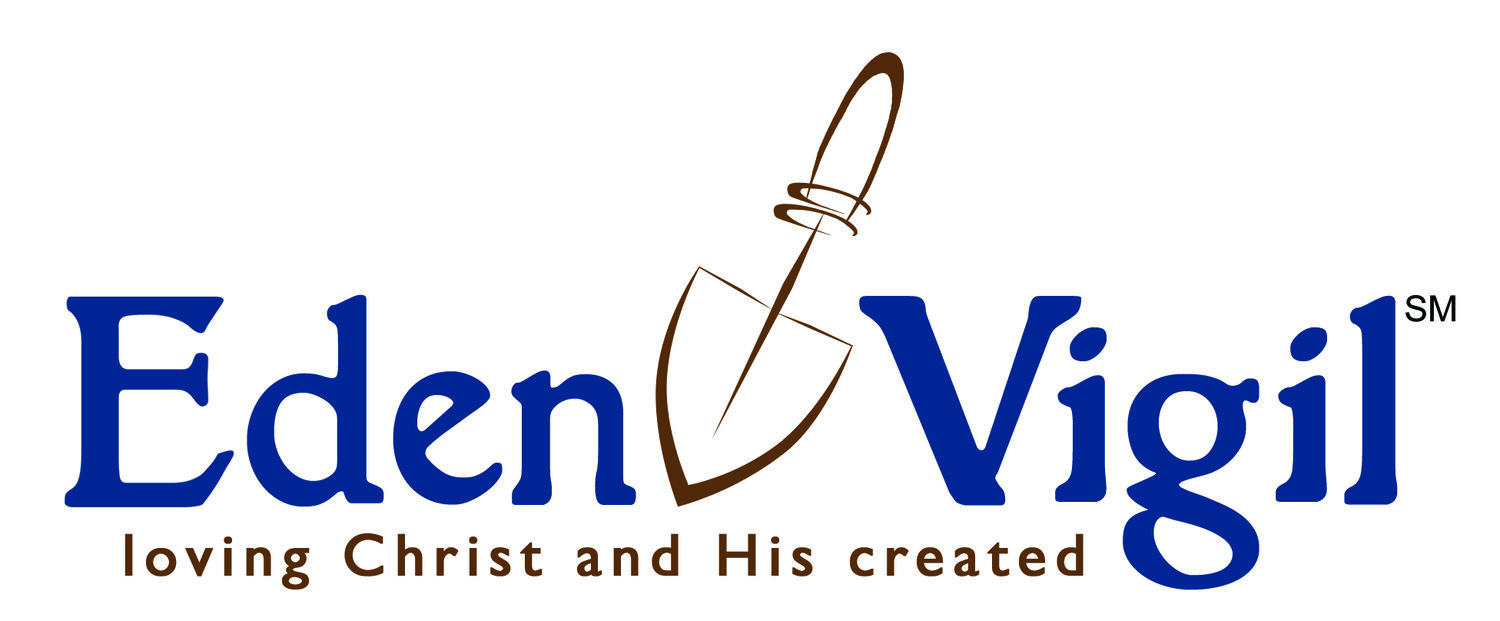Paper presented by John Elwood
Canadian and American Theological Association, and Northeastern Seminary
Rochester, NY, October 19, 2004
Abstract: “Nobody ever told us what to do in case of failure,” writes Canadian theologian Douglas John Hall, “least of all our religion.” Today, however, we face the real possibility of ecosystem failure. Unsurprisingly, the chorus of voices proclaiming “It’s not too late!” is undiminished by decades of failure—unmet goals, cynical pledges, and unfulfilled hopes for external saviors, whether political, technological or spiritual. Now, however, we must take seriously the challenge of eco-realism—that it is, in fact, too late to avoid crushing losses to humanity and the biosphere on a global scale; and that human social systems—economic, political and religious—are largely unsuited to lead us through them. If so, we now inhabit a context that is foreign to those in which our inherited theologies were nurtured. How have those theologies functioned amidst the looming threat of ecosystem failure? In a world where religious expectation is often contradicted by lived experience, is it possible to reimagine “gospel” within such a context? What kind of faith can speak to a world marked by decline and suffering? I will argue that the very thin tradition of Luther's “theology of the cross,” as contextualized by Hall, has become vital to theological imagination in a world of runaway global crisis, compelling Christians to name and resist the elements of the “theologies of glory” which now dominate much of Western cultural thought and practice. This discussion will engage the works of Hall, Irving Greenberg, Sallie McFague, Wes Jackson and William Catton.

